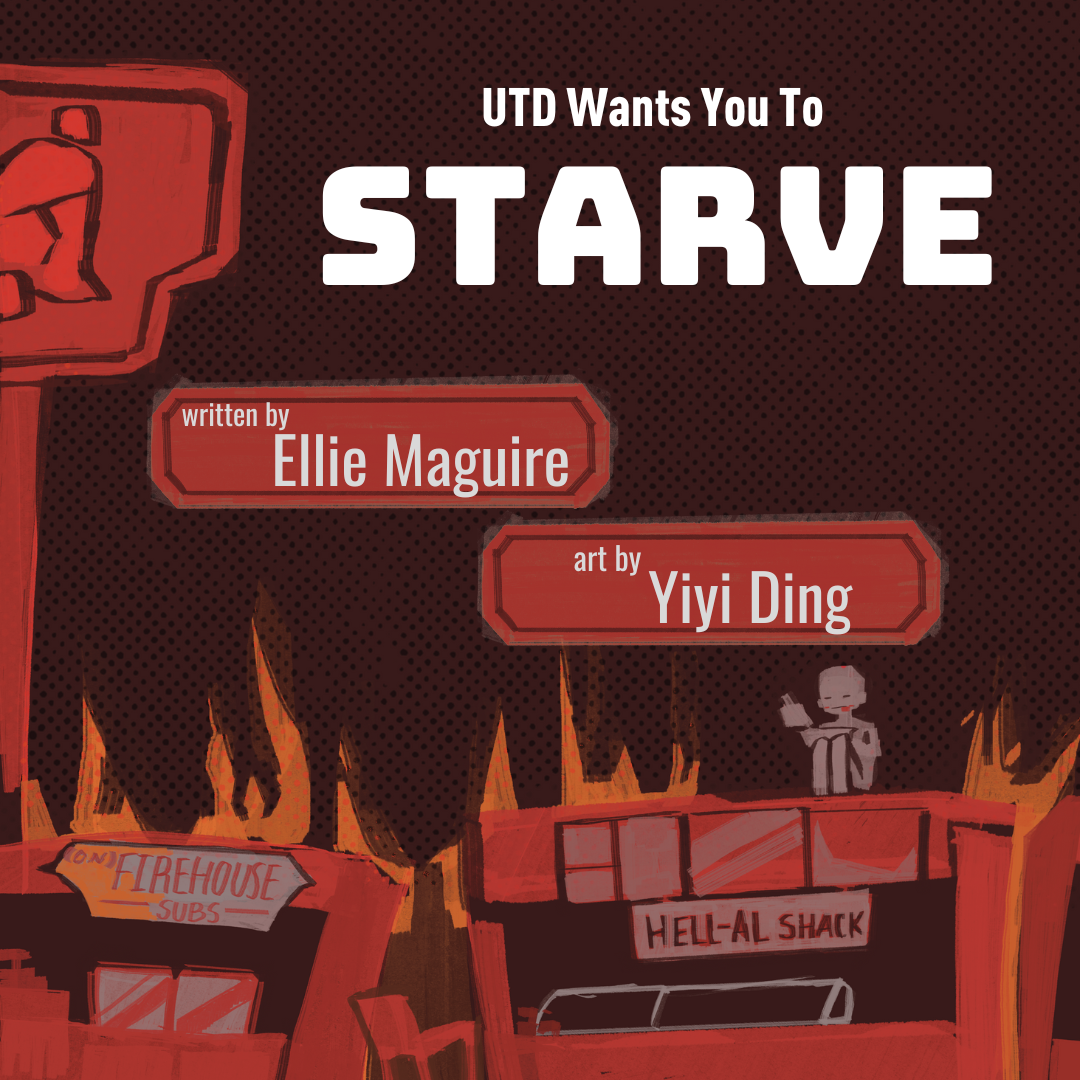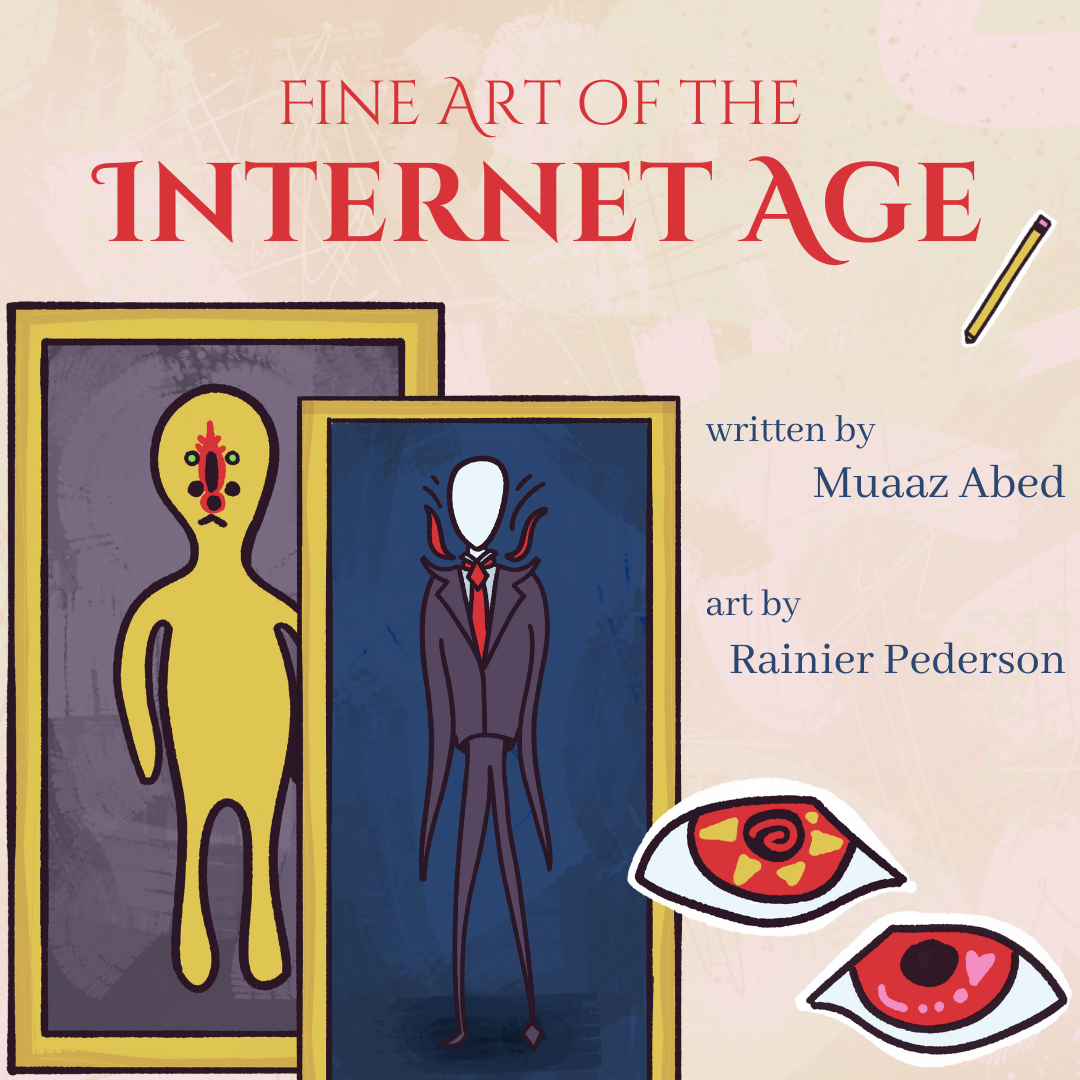If I had to wager, I’d bet that most young adults think that horse racing has lost its relevance — and honestly, who can blame them? I mean, when was the last time you went to a kegger and heard people talking about the results of the Triple Crown? It’s sad, really. Horse racing is one of the oldest sports in the world, yet many folks have lost touch with the ancient art of yelling at animals to go faster and dropping asinine amounts of cash in hopes of their victory. That is… until now.
This year has gifted us with several major cultural events. Some of these include the rise of the Labubu and, perhaps less importantly, the rise of global fascism. Most importantly of all, it brought us two pieces of media that irreparably changed the internet forever. One of these is HRT, which in this context stands for “Horse Race Tests” and not hormone replacement therapy, although I see no reason why the horses in question can’t undergo hormone replacement therapy. I’ll also be talking about the hit mobile game “Umamusume: Pretty Derby.” It’s the year 2025 and we’re off to the races, so put on your best hat and drain your bank account because we’re about to embark on an equestrian journey the likes of which you’ve never seen.
Picture this: it’s April 1st and a silly video of what looks like an animated Windows screensaver circa 1998 appears on your Twitter feed. It shows a bright green maze filled with little multicolored blobs knocking against the walls and each other, zooming haphazardly in different directions as they try to reach the low-res carrots at the very center. You can’t help but stare, enraptured by their stupidity. You know they aren’t actually stupid, or actually anything, really. They’re just pixelated blobs that don’t resemble horses at all. And yet… they compel you. You find yourself rooting for them, cursing internally when they inevitably backtrack and lose the progress they fought so hard to achieve. Why? Why do these stupid-ass shapes and colors compel you so? I asked myself the same question, and I must admit that I’m still searching for an answer. Is it perhaps the awe that comes with witnessing the tenacity of a competitor’s fighting spirit? Is it the exhilaration of victory? Or maybe the assurance that, despite suffering a crushing blow of defeat today, there will always be another chance tomorrow? All of this contributed to the month-long insanity that was “Horse Race Tests,” a series of surrealist videos created by game developer Blake Andrews that were posted to his Twitter account. What began as a simple physics simulator became a saga of epic proportions filled with betrayal, romance, and tragedy. Recounting every detail would keep us here all day, so I’ll just give the gist of what happened.
There was a recurring cast of nine racehorses, each a different color. A racehorse’s true name wouldn’t be revealed until they won a race, so most horses were just called by their colors until they secured at least one victory. The orange horse known as Jovial Merryment had the most victories, finishing with a win rate of 53% and leaving their competitors in the dust. Alternatively, the only horse to never win a single race was Cyan, who became a fan favorite due to their perpetual failure. As the series’ popularity grew, thousands of users began crafting storylines and romance subplots between the horses. The “Horse Race Tests” phenomenon eventually escalated into a 13-race tournament at the end of the month to determine who the ultimate winner would be. We placed our bets… we took our seats… and predictably, Jovial Merryment came out on top. Some fans accused Jovial of using steroids, but most of them celebrated Jovial’s victory with open arms.
This brings us to the girl segment of this horse girl discussion. From what I can tell as someone who has never watched the anime, read the manga, or played the game, “Umamusume” is about real-ass fake horses. All the girls (or umas, as they’re sometimes called) are actually reincarnated, anthropomorphic beings that harbor the souls of real-life racehorses, competing to reclaim and transcend their former glory. Oh, and did I mention that they’re all idols who sing and dance as well? Yes, it’s just as insane as it sounds, and that’s probably why it’s so popular.
In late June of this year, these hooved women stampeded into our hearts when the global release of “Umamusume: Pretty Derby” became available for English speakers to play. Almost immediately, many notable streamers began playing the game, and its popularity skyrocketed into the mainstream. Worldwide, people jumped with joy when their favorite uma successfully completed a career and screamed in agony when they fell short of the mark. The pride, the thrill of victory… it’s enough to make even the most frugal free-to-play fan drop a little coin for their uma of choice. There are better horses and there are worse horses, but what’s important is that they’re your horses. They want to train and win for you. In an age of apathy and despair, that can be pretty powerful. I think I speak for a lot of people when I say that it’s nice to have something to strive for, even if that something is a cute song and dance performed by an animated horse woman on your phone. Sometimes, that’s the only pick-me-up you need to make it through the day.
Now the real question is, what impact have these pieces of media had on the actual racing world? Well, one cool thing I’ve noticed is that we’ve genuinely seen a surge in real-life horse racing fanfare this year! Since “Umamusume” uses actual stories from the racehorses that its characters are based on, many people online have become invested in the history of the original, real-world horses. In Japan, one retired racehorse named Haru Urara has received many more visitors compared to years prior. Her six-year-long career concluded with 113 losses and 0 wins, which may sound like quite a shame, but her continued resilience endeared her to racing fans across the world. Currently, she’s happily living out her retirement at a boarding stable in Onjuku and is very well cared for. You can actually visit her with a reservation ahead of time!
So, what should we take away from this? I would say something about the indomitable equine spirit, but neither of these pieces of media technically have horses in them — not the four-legged kind, at least. My personal takeaway is that deep down, we all want something to root for. This year has been filled with hardship; I think it’s important to remember that there’ll always be another race, another chance, as long as the sun keeps rising. So, get out on that track and make everyone eat your dirt, just to prove that you can.

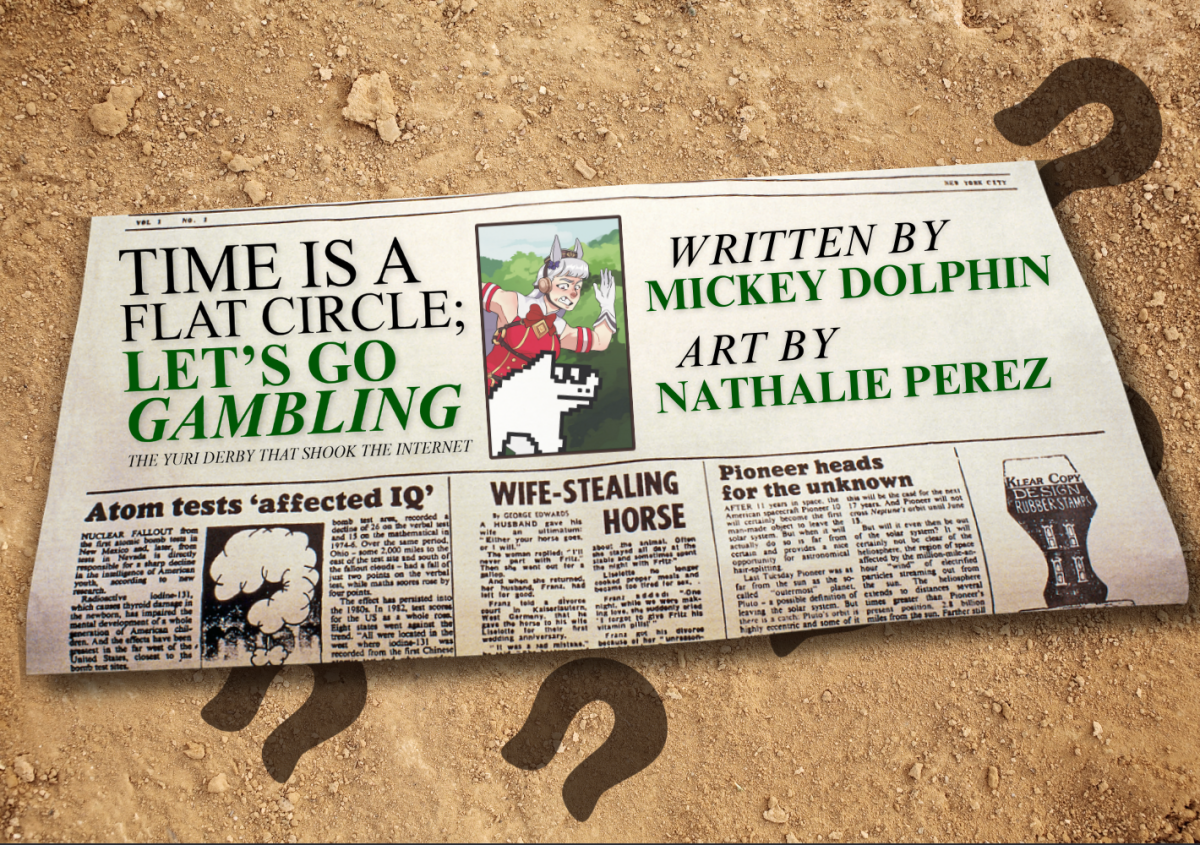


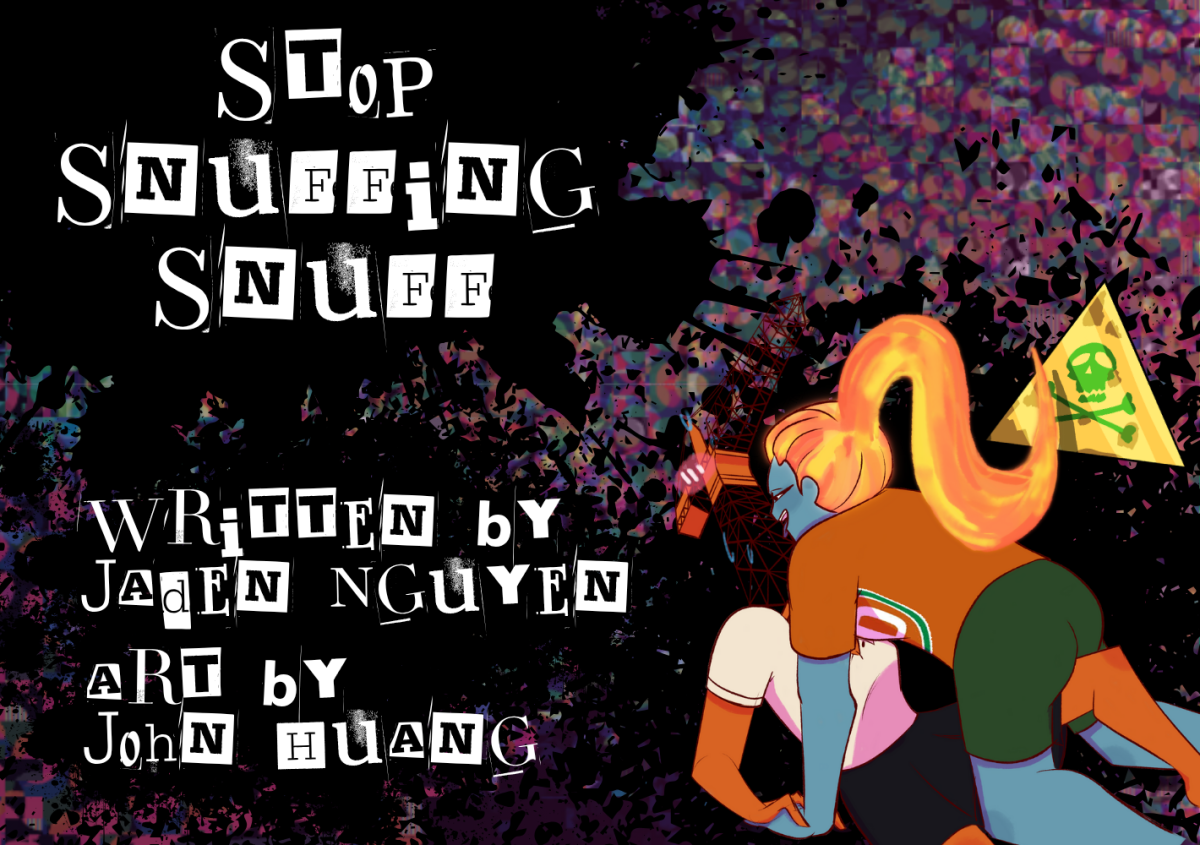
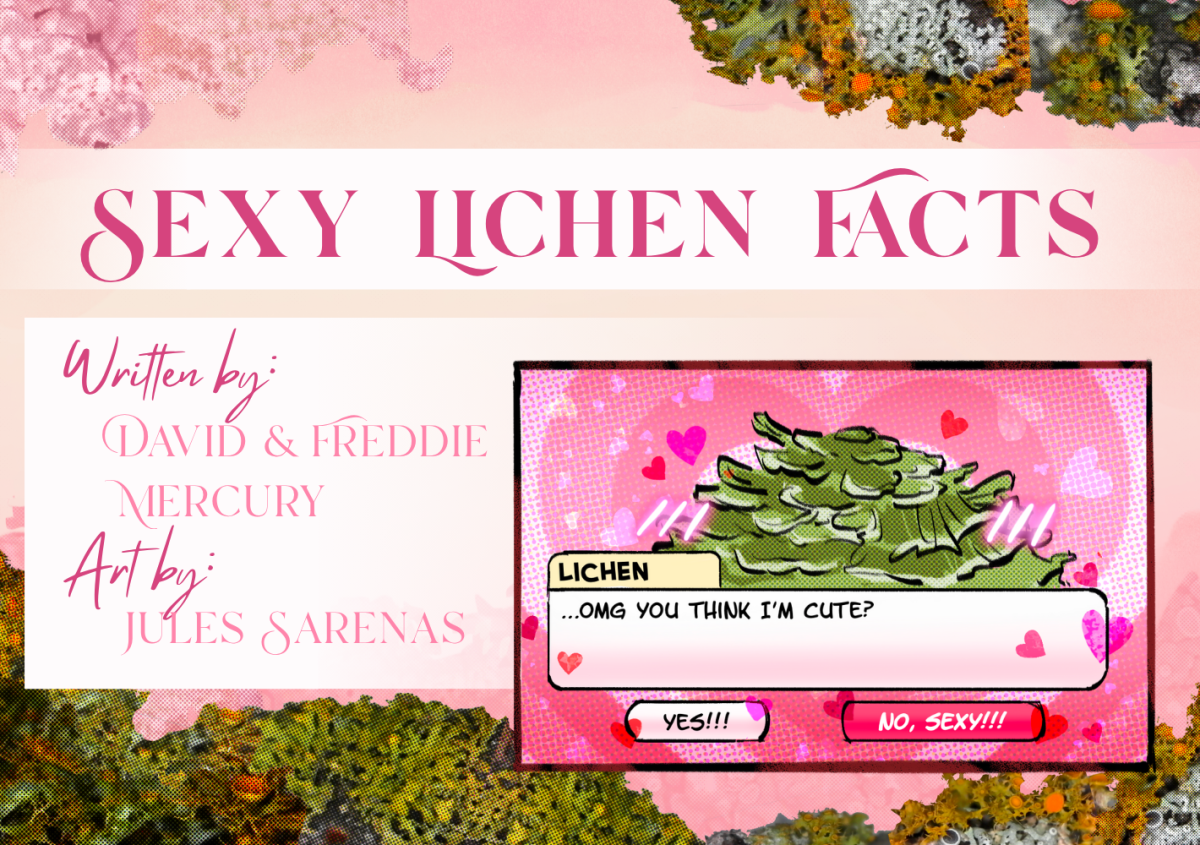
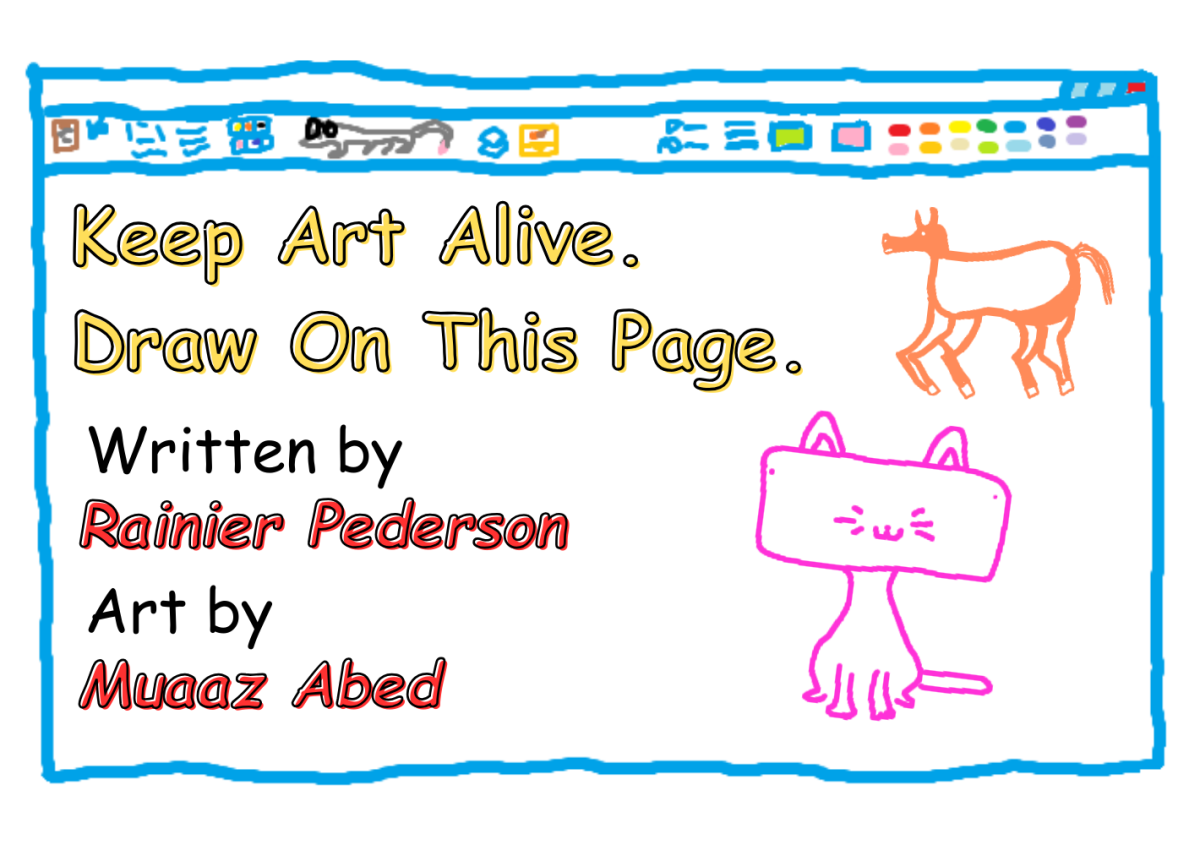
![How the Women of INVINCIBLE are [TITLE CARD]](https://ampatutd.com/wp-content/uploads/2025/05/How-the-women-of-INVINCIBLE-are-TITLE-CARD-WEB-1200x845.png)
